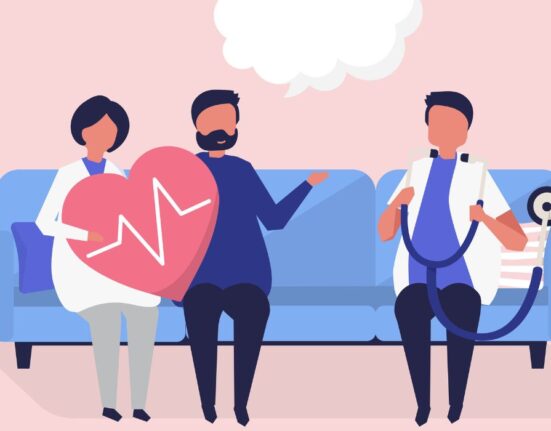Money doesn’t bring happiness, but it does bring financial freedom, which is a major contributor to your happiness. When you don’t have to worry about whether or not you’ll be able to make rent this month or whether you can afford getting that new cavity treated, life is a lot easier to manage. The good news is that, while we live through some tough times, there are still plenty of things you can do to improve your financial health. And if you need an extra push to get started, let us show you why this matters for your mental well-being. We’ll also give you a few tips and tricks to get started toward a better financial future, so stay tuned!
The Link Between Financial and Mental Health
When financial worries hijack your thoughts, your body responds as it would to any threat. Your brain releases cortisol and adrenaline, preparing you for “fight or flight”. Research from Stanford’s Mind Over Money Institute shows that people with significant financial stress have cortisol levels 23% higher than those who feel financially secure. This biochemical response explains why financial concerns impact more than just your bank account. Financial freedom comes with better sleep quality, reduced tension headaches, and increased emotional availability for your relationships. Financial peace also creates space for mindfulness and present-moment awareness. In a nutshell, when basic financial needs are met, your mind gains the freedom to engage fully with life’s meaningful moments.
Financial Strategies for Mental Peace
Even though it may be difficult to believe, we all have a strong emotional connection to money. Spending or making it is often associated with feelings of guilt, shame, fear, or excitement. This is why some people have difficulties managing their finances, and implicitly, managing their mental well-being. Once you learn how to spend, save, or invest your money, you start feeling more in control of your life. You also have more options, and your future becomes a bit clearer. All of these have a strong impact on your overall motivation and desire to achieve your goals. If you’re ready to get control over your life, here are a few financial strategies that can help you turn things around:
1. Expense Batching
Rather than making multiple small purchasing decisions throughout the week (each one depleting your mental energy), designate specific days for grocery shopping, online purchases, or bill payments. This reduces decision fatigue and creates clear boundaries around spending activities.
2. The 24-hour rule
For non-essential purchases over $100, wait 24 hours before buying. This simple cooling-off period helps distinguish between impulse purchases and items that genuinely add value to your life. Amazingly, this tiny habit not only preserves financial resources but also interrupts the anxiety-purchase-regret cycle that undermines mental health.
3. Commit to Improving Your Financial Literacy
Mental well-being and financial health are both skills that improve with consistent practice. Dedicate at least 15 minutes daily to expanding your financial knowledge, whether through podcasts, educational YouTube channels, or targeted reading. You may also discover max-funded IULs (Indexed Universal Life insurance) and other advanced instruments that help you build a comprehensive long-term financial strategy. When you do, make sure you understand how they work and apply the ones that fit your current situation.
4. Adopt Values-Based Spending
Identify your core values (perhaps family, health, learning, or community) and align your discretionary spending accordingly. When your financial choices reflect your deeper priorities, you experience greater satisfaction and fewer regrets. If you value experiences over possessions, your money is better spent on a family camping trip rather than the latest iPhone. When you make a choice that resonates with your values, you feel psychologically richer, which is what counts the most.
In Summary
Take one small step toward financial health today, and your future self will thank you, not just with a healthier bank account, but with a calmer, more confident mind.













Leave feedback about this